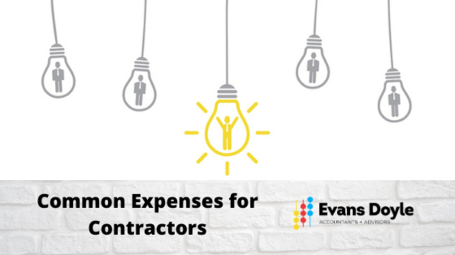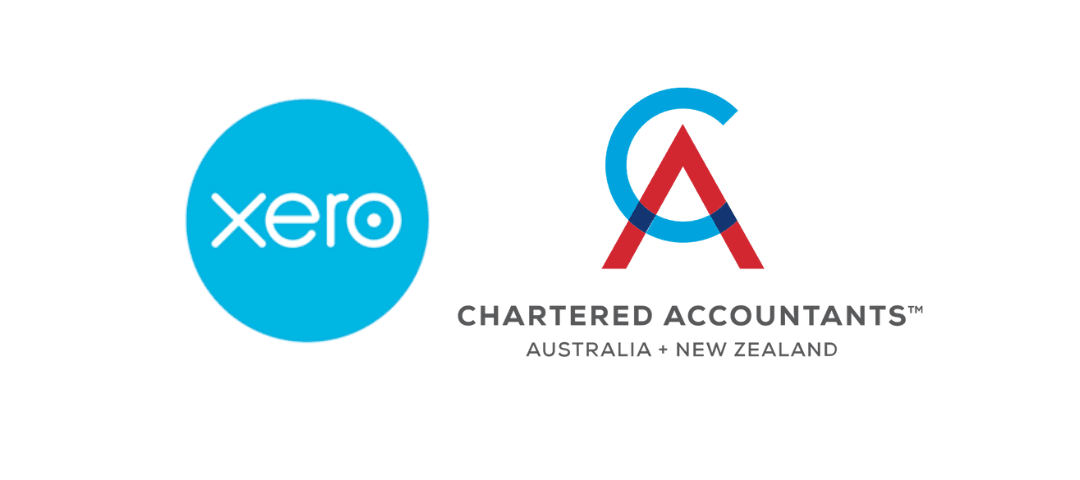We are often asked “what expenses can be claimed as a deduction against contracting income?”
To claim a deduction, there must be a nexus between the expense incurred and the income being earned. If there is no nexus, the expense is unlikely to be deductible (and would be considered private expenditure).
Common expenses incurred by contractors include the following.
Vehicle/Fuel Costs
With vehicle/fuel costs, there are two options available:
Actual costs
Keeping a logbook
Keep track of the actual costs of running your vehicle and pro-rata these costs between business and private use. With this method, you need to keep accurate records of all vehicle costs. These costs could be buying petrol, getting a warrant, maintenance costs, insurance, and any interest costs if the vehicle is financed.
You are required to keep a logbook for 3 months (every 3 years) to determine the percentage of your vehicle that is used for business purposes. At the end of the financial year, we then calculate the business portion of your vehicle use (as a percentage of the total actual costs, multiplied by your actual costs incurred) and make an adjustment to reflect the private use.
You can keep a logbook recording all vehicle usage to calculate your total kilometres travelled for business use. You can then claim a kilometre rate for every km travelled. The IRD’s current kilometre rate is $0.82/km up to 14,000 km travelled in a year. This rate (set by the IRD) takes into consideration not only the fuel costs, but the maintenance, insurance, warrant cost etc.
The options above apply to sole traders and partnerships (and some closely held companies). The treatment for vehicle expenses can be different for ordinary companies. This is because the vehicle is owned by the company which claims 100% of the expenses, then an annual Fringe Benefit Tax (FBT) adjustment is completed to factor in the vehicle being available for private use.
Home Office Expenses
You can claim part of your household expenses (rates, house insurance, rent/mortgage interest, power) that is used for business purposes. This is known as a home office claim.
The amount to claim is calculated as a percentage of your home you use for business purposes. For example, if the total area of your home is 200m2 and the area of your dedicated office space is 20m2, a 10% claim of your household expenses is allowable as a deduction.
Entertainment expenses & meals while travelling out of town for business.
50% of the cost of entertainment are deductible, provided they are incurred while carrying on your business. Entertainment costs may include going out for a meal or a coffee for business purposes (meeting a client, a supplier, or a staff member).
Meal expense incurred while travelling out of town on business is 100% deductible, provided there is a nexus between the meal and income.
Depreciation
Any assets that cost over $5,000 (or $1,000 after 17 March 2021) need to be capitalised rather than claiming an immediate tax deduction. Depreciation can be claimed on assets (to reflect the write down of the asset over its useful life).
The depreciation rates vary between individual assets. For example, laptops are depreciated at 60% diminishing value per annum.
Until 16 March 2021 a full deduction can be claimed for assets that cost less than $5,000. After 16 March 2021, the low value asset threshold is changing to $1,000. For further information about this change and decisions to consider please read our article Low Value Asset Thresholds.
Payment of Expenses
We recommend paying all business expenses (all the above examples, except home office) from your business bank account. This makes preparing your financial statements simpler and more efficient because we do not need to sort through your private transactions. This prevents any uncertainty if the cost is for business or private use. It also reduces your overall business transaction volume and creates a clear separation between business and private.
If you are not sure about the deductibility of an expense, please get in touch.
Contact us
Contact Tim Doyle or Jane Evans today to discuss your Contracting expenses (or any other matter) on 07 823 4980 or contact us. Our office is in Cambridge, NZ, but distance is no problem. We have many international and national clients.
This material has been prepared for informational purposes only, and is not intended to provide, and should not be relied on for, tax, legal or accounting advice. You should consult your own tax, legal and accounting advisors before engaging in any transaction.





